Terry Bontrager and Martina Müller
Guest columnists – Providence Journal – March 25, 2022
In their column “Workers have a climate plan for region” (Commentary, March 9), Cynthia Phinney, Pat Crowley, and Joe Toner make a strong case for “uniting behind bold, science-based climate plans that will help us build the climate infrastructure of tomorrow while remedying the racial and economic inequalities of today.” Creating new infrastructure is one key aspect of addressing the climate crisis; another is mitigating current factors contributing to the climate crisis.
One often overlooked area that needs attention is reducing emissions of methane gas. Though it remains in the atmosphere for a shorter time than carbon dioxide, methane traps a greater amount of heat, thereby exacerbating temperature increase. Scientists estimate that methane traps over 80 times more heat than CO2. A May 7, 2017, front-page Providence Journal headline declared, “Danger Below: R.I.’s gas-pipe network leaks like a sieve. Fixing it is a huge job.” That article describes an incident in March 2017, when methane leaks closed I-195, shutting down a portion of Providence for hours.
An investigative group from Climate Action RI/350 RI has measured escaping methane from leaks in underground natural gas lines around the cities of Providence, Pawtucket, and Central Falls. The Gasbusters group has identified over 100 sites with significant leaking gas. This includes wealthy as well as lower income neighborhoods, businesses, and even schools. Fracked natural gas contains not only methane but also volatile organic compounds to which chronic exposure is hazardous and potentially carcinogenic.
Moreover, the gas can accumulate in enclosed spaces such as under manholes and in houses, presenting a dangerous risk of explosion. Gasbusters reported their findings to National Grid. Yet the gas company is unable to keep up with fixing such numerous and potentially dangerous leaks.
In addition to leaks being a problem for the climate as well as public health and safety, the escaping gas kills thousands of trees, causing millions of dollars worth of damage. Trees play a significant role in mitigating air pollution and preventing urban heat islands. Their loss further worsens the climate crisis and multiplies the danger of heat waves for urban communities.
About 2.7% of gas delivered to homes escapes into the atmosphere. In Massachusetts, that adds up to $90 million of gas lost to the air per year. Much of that cost is passed on to the consumer. It is part of the reason our gas bills in Rhode Island are so expensive.
One obvious remedy would be to stop the leaks. But that expensive measure locks our communities into long-term use of a climate-destroying fossil fuel. A better alternative would be to fix the biggest, most dangerous leaks (7% of the worst leaks produce 50% of emissions) and encourage the transition away from natural gas toward electricity. Many options on the market provide safer and more efficient alternatives. Among these are induction ranges to replace gas kitchen stoves and heat pumps to replace oil and gas heating.
Yes, transitions are expensive, and rising inflation makes personal budgets tighter. But anyone with their finger in the wind can see that the era of fossil fuels is rapidly ending, and resources invested in fossil fuel infrastructure will turn into stranded assets. Investing now in the transition away from gas and toward electrification will get us on track faster to healthier, clearer air for ourselves and future generations.
An investigative group from Climate Action RI/350 RI has measured escaping methane from leaks in underground natural gas lines around the cities of Providence, Pawtucket, and Central Falls. The Gasbusters group has identified over 100 sites with significant leaking gas. This includes wealthy as well as lower income neighborhoods, businesses, and even schools. Fracked natural gas contains not only methane but also volatile organic compounds to which chronic exposure is hazardous and potentially carcinogenic.
Moreover, the gas can accumulate in enclosed spaces such as under manholes and in houses, presenting a dangerous risk of explosion. Gasbusters reported their findings to National Grid. Yet the gas company is unable to keep up with fixing such numerous and potentially dangerous leaks.
In addition to leaks being a problem for the climate as well as public health and safety, the escaping gas kills thousands of trees, causing millions of dollars worth of damage. Trees play a significant role in mitigating air pollution and preventing urban heat islands. Their loss further worsens the climate crisis and multiplies the danger of heat waves for urban communities.
About 2.7% of gas delivered to homes escapes into the atmosphere. In Massachusetts, that adds up to $90 million of gas lost to the air per year. Much of that cost is passed on to the consumer. It is part of the reason our gas bills in Rhode Island are so expensive.
One obvious remedy would be to stop the leaks. But that expensive measure locks our communities into long-term use of a climate-destroying fossil fuel. A better alternative would be to fix the biggest, most dangerous leaks (7% of the worst leaks produce 50% of emissions) and encourage the transition away from natural gas toward electricity. Many options on the market provide safer and more efficient alternatives. Among these are induction ranges to replace gas kitchen stoves and heat pumps to replace oil and gas heating.
Yes, transitions are expensive, and rising inflation makes personal budgets tighter. But anyone with their finger in the wind can see that the era of fossil fuels is rapidly ending, and resources invested in fossil fuel infrastructure will turn into stranded assets. Investing now in the transition away from gas and toward electrification will get us on track faster to healthier, clearer air for ourselves and future generations.
Terry Bontrager is a retired former director of the school psychology program at UMass Boston. Martina Müller is a postdoctoral research fellow at URI. Both are members of Climate Action RI/350 RI.
